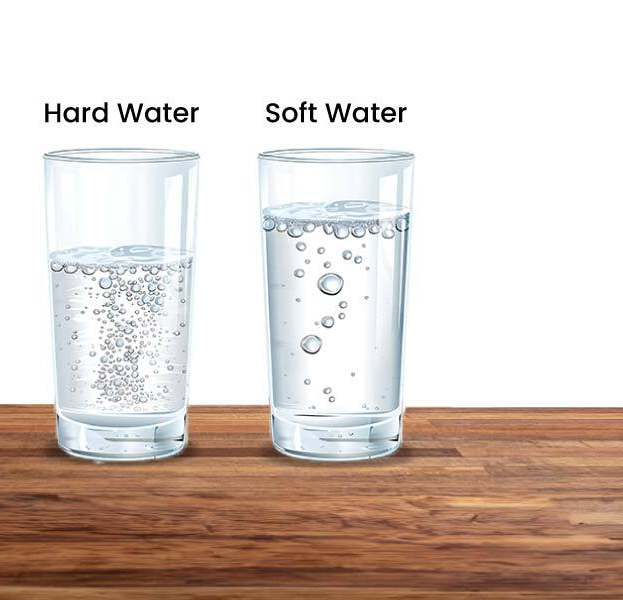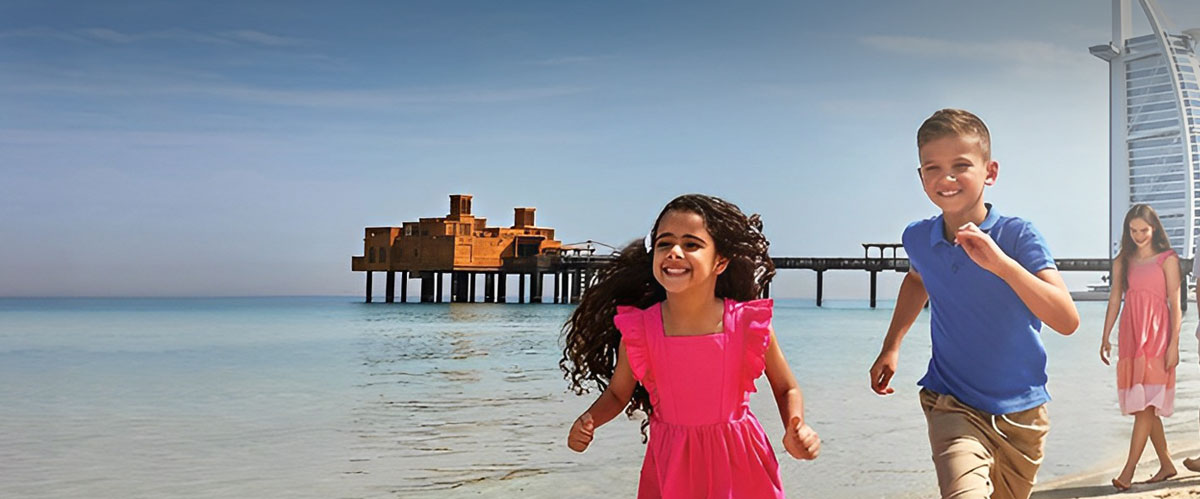Now Reading: Why Soft Water Could Be the Upgrade Your Home Needs 2025
-
01
Why Soft Water Could Be the Upgrade Your Home Needs 2025
Why Soft Water Could Be the Upgrade Your Home Needs 2025

Table of Contents
In the search for cleaner living and better household efficiency, many homeowners are turning their attention to something often overlooked: water quality. While most of us focus on drinking purified or RO-filtered water, not enough people consider whether the water flowing through their home is “hard” or “soft.” Yet, the difference between these two types of water can have a significant impact on everything from your health to the longevity of your appliances.
Soft water, simply put, is water that has low concentrations of calcium and magnesium. Unlike hard water, which is rich in these minerals, soft water has been treated to remove them—usually through a water softener. This simple change can bring a surprising number of benefits. Here’s why switching to soft water could be one of the best decisions you make for your home and health.
1. Softer Skin and Shinier Hair
One of the most immediate and noticeable effects of soft water is on your body. Hard water tends to leave a film of residue on your skin and hair after a shower, which can cause dryness, irritation, and dullness. The minerals in hard water react with soap to form “soap scum,” which is difficult to rinse off completely.
Soft water, on the other hand, allows soaps and shampoos to lather better and rinse more effectively. This means your skin retains more of its natural oils, leaving it softer and less irritated. Similarly, hair washed in soft water tends to be shinier, more manageable, and less prone to breakage.
2. Cleaner and Brighter Clothes
Hard water doesn’t just affect your body it can also take a toll on your laundry. The minerals in hard water can cling to fabrics, making them feel stiff and look dingy over time. Clothes may fade faster, and whites often turn a dull gray or yellow.
Soft water allows detergents to dissolve more effectively, leading to a better wash with less soap. As a result, your clothes come out cleaner, feel softer, and retain their colors longer. Over time, this can also extend the life of your clothing, saving money and reducing waste.
3. Longer-Lasting Appliances
Mineral buildup from hard water can damage appliances such as washing machines, dishwashers, water heaters, and coffee makers. Over time, the limescale created by calcium and magnesium deposits reduces efficiency and causes parts to wear out faster. This can lead to expensive repairs or the need to replace appliances prematurely.
Soft water, by contrast, flows through your systems smoothly and without leaving behind harmful buildup. This can dramatically increase the lifespan and efficiency of appliances. It also helps reduce energy consumption, particularly in water heaters, as heating elements don’t have to work as hard to heat water through mineral deposits.
4. Cleaner Dishes and Spot-Free Surfaces
Ever notice cloudy spots on your glasses and dishes even after a cycle in the dishwasher? Hard water is often the culprit. The minerals in hard water can dry on surfaces, leaving behind spots, streaks, and a general lack of shine.
Using soft water eliminates this problem. Dishes come out sparkling clean, and you’ll spend less time re-washing or polishing. The same applies to bathroom surfaces and fixtures—soft water leaves less residue, making it easier to maintain a cleaner, more polished home.
5. Reduced Cleaning Time and Costs
With soft water, soap and detergents work more effectively. You need less of them to achieve the same (or even better) results. This applies to everything from laundry detergent to shampoo to dish soap.
Also, since soft water doesn’t leave behind as much mineral residue or soap scum, you’ll spend less time scrubbing sinks, tubs, and faucets. It’s not only a time-saver but also a cost-saver, as you’ll reduce the amount of cleaning products you buy and use.
6. Better Plumbing Health
Mineral deposits from hard water can build up inside your home’s pipes over time, restricting water flow and increasing the risk of clogs or pipe damage. This can lead to expensive plumbing repairs and reduced water pressure throughout your home.
Soft water prevents this kind of buildup, allowing your plumbing system to work efficiently for longer. The reduced strain on your pipes also lowers the chances of leaks or bursts, protecting your home from water damage.
7. Improved Environmental Impact
Using soft water can contribute to a more eco-friendly lifestyle. Because soft water requires less soap and detergent, there’s less chemical runoff entering the water system. Additionally, the improved efficiency of water heaters and appliances means reduced energy usage, which helps lower your home’s carbon footprint.
If you’re also using a salt-based softening system, consider switching to more environmentally friendly alternatives like salt-free conditioners or reverse osmosis systems to further enhance sustainability.
8. Cost Savings in the Long Run
While installing a water softening system involves an initial investment, the long-term savings can be significant. You’ll use less soap, enjoy longer appliance life, experience fewer plumbing issues, and spend less on replacing clothes or cleaning products. For many households, the return on investment becomes clear within just a few years.
Conclusion: Is Soft Water Right for You?
If you’re dealing with issues like dry skin, faded clothes, frequent appliance repairs, or stubborn soap scum, it might be time to consider installing a water softener. The benefits of soft water go far beyond just comfort they also translate into tangible savings, improved health, and a cleaner, more efficient home.
As more people become aware of the advantages of soft water, demand for home water softening systems is on the rise. Whether you’re renovating your home or simply looking to improve your daily life, making the switch to soft water could be one of the smartest moves you make.
Read More:- Deyaar’s Latest Announcement Shakes Up the UAE Property Market






















